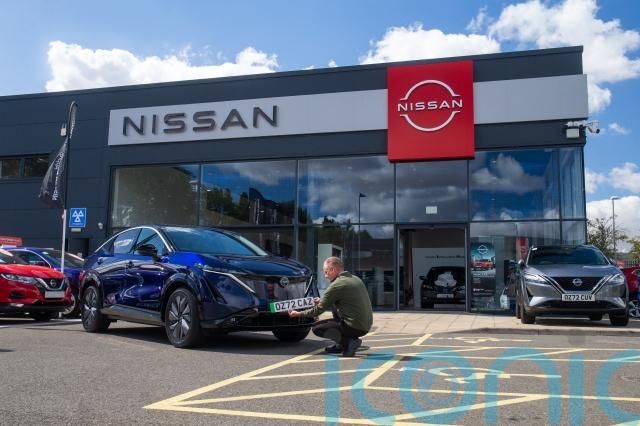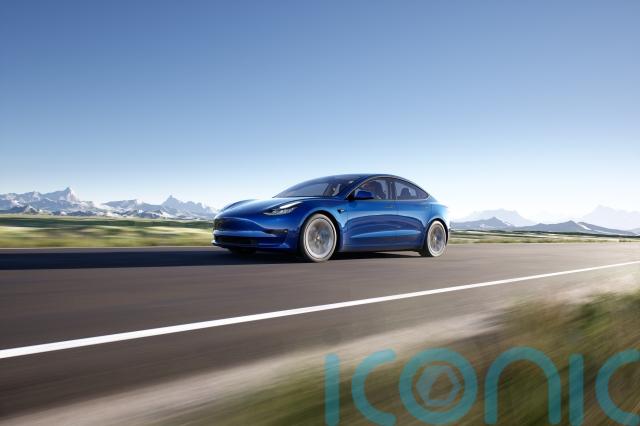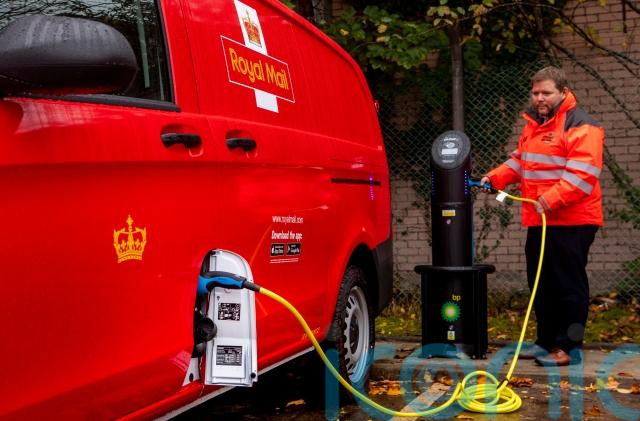
The Chancellor of the Exchequer Jeremy Hunt has today announced in the Autumn Statement that electric vehicles will no longer be exempt from vehicle excise duty (VED) – or road tax, as it’s often known.
With more than 500,000 electric cars now on UK roads, and a growing number being registered every month, it will have a noticeable impact on EV owners and drivers, who have previously been exempt from paying VED.
But what are the changes, why are they being introduced and how much will you have to pay? Let’s take a look.

The Chancellor’s electric car changes are still a few years away, and won’t apply to electric cars, vans and motorcycles until April 2025. The government will legislate these changes in the Autumn Finance Bill 2022.
Those buying a new zero-emission car on or after April 1, 2025, will only have to pay the lowest first-year rate of VED. This currently applies to vehicles with CO2 emissions of 1-50g/km, and amounts to just £10 a year.
After the first year of VED has been paid is when electric car owners will notice the main changes. That’s because the system will move to make EVs in the same way as petrol and diesel vehicles, with a standard rate, which is currently £165 per year.

Currently petrol and diesel vehicles with a new list price exceeding £40,000 are subject to an ‘Expensive Car Supplement’. This is an additional charge that stands at £310 a year currently (on top of the standard £165 rate) and is paid for five years after the initial registration.
Previously, electric cars were exempt from paying this charge, but as part of this change, EVs will pay this surcharge in the same way as petrol and diesels do currently.
Electric cars registered between April 1, 2017 and March 31, 2025 will also pay the standard rate, currently £165.
Zero and low emission cars (classed as those emitting up to 100g/km of CO2) registered between before April 2017 will not pay a standard rate, but be taxed on emissions, like other petrol and diesel cars of this age. It means EVs and low-emission vehicles will move from VED band A to B, and will go from paying nothing in VED to £20 a year.

Electric commercial vehicles and motorcycles are also not exempt from these changes. From April 2025 zero emission vans will move into the flat rate for petrol and diesel light goods vehicle, which is currently £290 a year for most vans.
For electric motorcycles and tricycles, these will move to the rate for the smallest engine size, which is currently £22 a year.
The Chancellor said the changes were being made to make “our motoring tax system fairer”, and essentially mean electric car owners will pay their way similarly to petrol and diesel drivers.
The government also collects a huge amount in VED each year, but is currently missing out on a large chunk of money with the EV exemption, which will become increasingly prominent as more make the switch to electric cars in coming years.
Subscribe or register today to discover more from DonegalLive.ie
Buy the e-paper of the Donegal Democrat, Donegal People's Press, Donegal Post and Inish Times here for instant access to Donegal's premier news titles.
Keep up with the latest news from Donegal with our daily newsletter featuring the most important stories of the day delivered to your inbox every evening at 5pm.